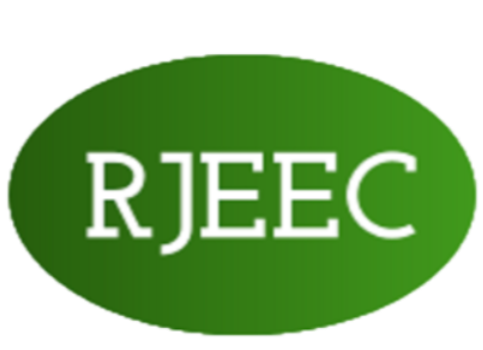
Reviewing the progress and challenges of plastic waste recycling and management
Authors: MAJEDUL HOQUE
Keywords: plastic waste, mechanical recycling, management, impact, environment
https://doi.org/10.21698/rjeec.2024.101Plastic waste is one of the biggest environmental threats since it is produced in large quantities and seriously harms both the environment and human beings. Plastic garbage generated on land frequently finds its way into water bodies, killing aquatic life and overloading the marine ecosystem. The main causes of this enormous mass of plastic garbage are a lack of technical expertise in handling hazardous waste, inadequate infrastructure development for recycling and recovery, and, most importantly, a lack of knowledge of the laws and regulations. The severity of plastic pollution harms the ecology as a whole. In this paper, a thorough investigation of the production of plastic garbage and its impact on humans and the environment are explored in terms of source identification concerning industrialized and developing nations. The article presents a thorough analysis of the current waste-to-energy and product conversion strategies. Additionally, this study clarifies sustainable waste management practices and pinpoints the major obstacles to implementing practical solutions to reduce the harmful effects of plastic trash.



